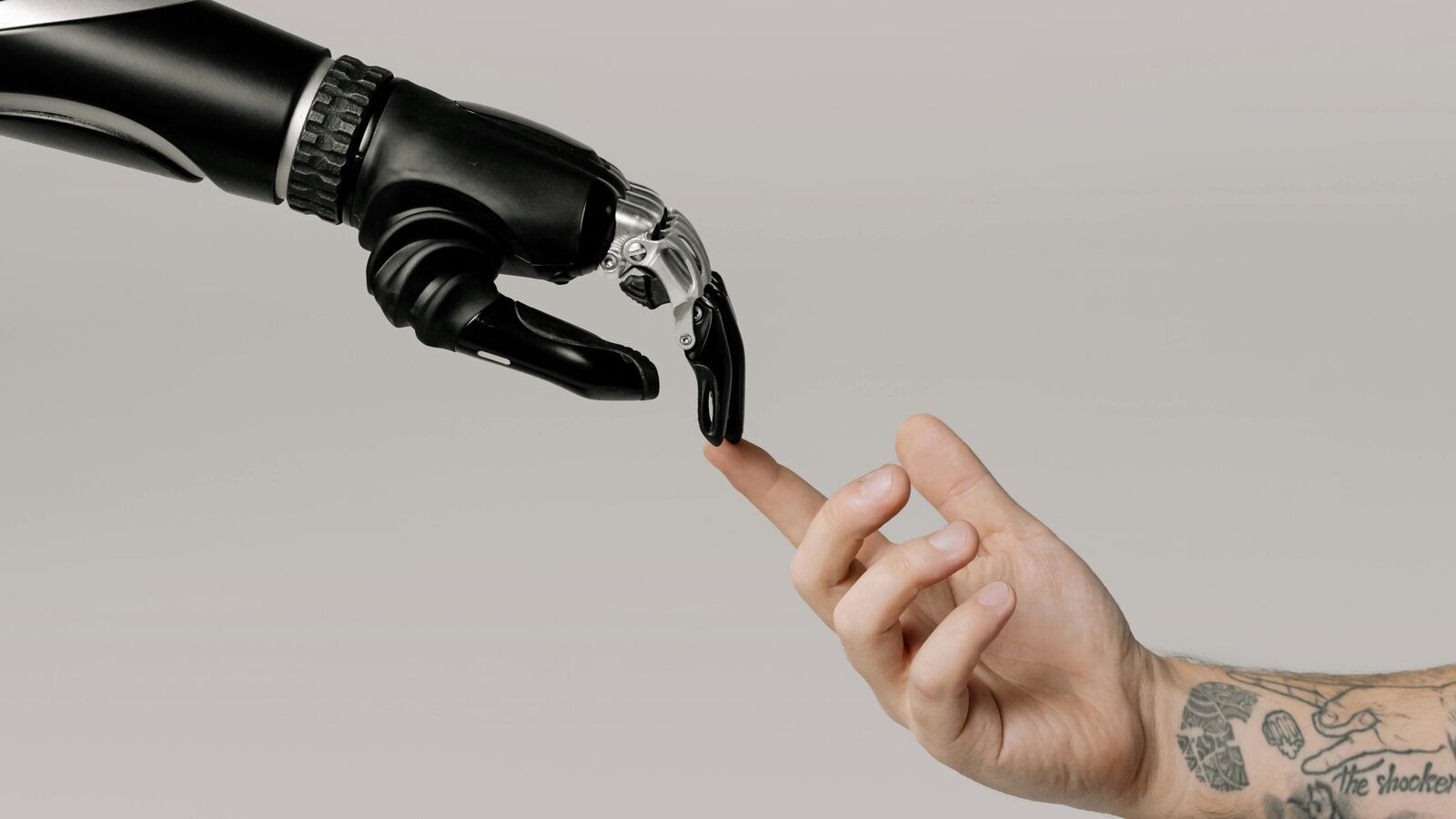AI Influencers Take Center Stage in Livestream Commerce
Artificial intelligence is reshaping the landscape of e-commerce, particularly through livestreaming platforms. A recent event hosted by Chinese tech giant Baidu and prominent live streamer Luo Yonghao has spotlighted the rising dominance of AI avatars in online sales. During the livestream, AI-generated hosts managed to outperform their human counterparts by a significant margin, marking what many are calling a ‘DeepSeek moment’ in the evolution of AI versus human capabilities.
In a groundbreaking session, the livestream generated an impressive $7.65 million in sales, with AI influencers leading the charge. This development reflects a broader trend in which digital avatars are not just participating in e-commerce, but actually transforming it.
What Is a ‘DeepSeek Moment’ and Why It Matters
The term ‘DeepSeek moment’ refers to a pivotal point in the competition between AI and humans, similar to previous milestones like AlphaGo’s victory over human Go champions. In this case, the moment signifies AI’s ability to excel in a field that traditionally relies heavily on human emotion, charisma, and relatability—traits once thought to be beyond the reach of machines.
By outperforming human hosts in real-time sales during a live broadcast, these AI avatars demonstrated advanced capabilities in audience engagement, persuasive communication, and interactive selling. These are no longer simple chatbots; they are sophisticated digital entities programmed to mimic human behavior with remarkable realism.
Behind the Technology: How AI Avatars Work
AI influencers are powered by advanced technologies including natural language processing (NLP), facial recognition, and machine learning. These tools enable them to read viewer comments, respond in real-time, and even adjust their tone and facial expressions to match the conversation’s mood. Some avatars are modeled after celebrities or influencers, while others are entirely original creations.
Baidu has been at the forefront of developing this technology, investing heavily in AI research and development. Their avatars are capable of conducting high-quality, engaging livestreams that rival—or even exceed—the performances of human hosts in terms of viewer retention and conversion rates.
The Economic Impact of AI in E-Commerce
The financial implications of this AI integration are significant. Livestreaming has become an essential sales channel in markets like China, where it is estimated to contribute over $500 billion to the economy annually. Replacing or supplementing human hosts with AI avatars could reduce operational costs while maintaining or even increasing sales performance.
Moreover, AI influencers don’t require breaks, salaries, or contracts. They can operate around the clock, delivering consistent messaging and branding. This makes them particularly attractive to companies looking to scale their online presence without proportionally increasing their labor costs.
Challenges and Ethical Considerations
Despite the clear benefits, the rise of AI influencers also raises important ethical and social questions. Critics argue that the growing reliance on artificial personas could lead to a loss of authenticity and human connection in digital spaces. Additionally, concerns about job displacement for human influencers and content creators are becoming more pronounced.
There is also the issue of transparency. Viewers may not always be aware that they are interacting with AI, which could lead to ethical dilemmas around consumer trust and informed decision-making. Regulatory bodies may need to step in to ensure that audiences are properly informed when engaging with AI-generated hosts.
The Future of AI in Livestreaming
As AI technology continues to evolve, its role in livestreaming and digital commerce is expected to grow. Companies are already exploring ways to integrate AI avatars into virtual reality and metaverse platforms, further blurring the lines between human and machine interaction online.
For now, the success of Baidu’s AI avatars in this recent livestream marks a significant milestone. It signals a future where digital influencers could dominate the marketplace, offering brands new tools to connect with consumers in increasingly personalized and efficient ways.
This article is inspired by content from LiveMint. It has been rephrased for originality. Images are credited to the original source.








